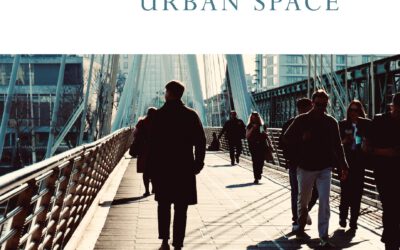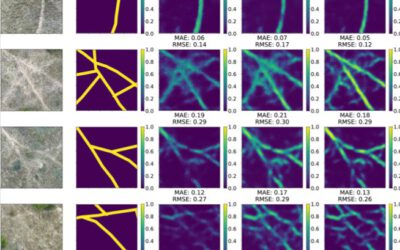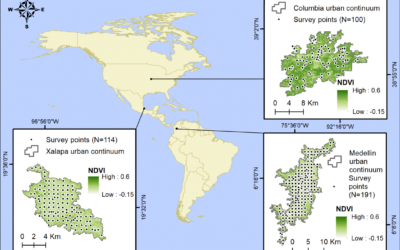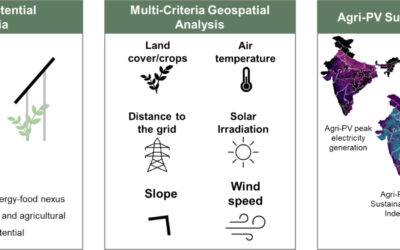New publication on the effect of topics on the presence of geolocation
Researchers from the German Remote Sensing Data Center (DFD) of the German Aerospace Center (DLR), the University of Würzburg (the Geolingual Studies Team, the Chair of English Linguistics as well as our EORC) and the University of Bonn teamed up for a study on the relationship between texts’ thematic categories and their likelihood of containing usable geo-location information. The paper titled “Geospatiality: the effect of topics on the presence of geolocation in English text data” was just published in the International Journal of Geographical Information Science by Johannes Mast, Richard Lemoine-Rodriguez, Vanessa Rittlinger, Martin Mühlbauer, Carolin Biewer, Christian Geiß and Hannes Taubenböck.
Here is the abstract of the paper: Geolocated text data are a promising data source for spatial analyses in many fields, from disease surveillance to the spatial humanities. This study investigates the relationship between texts’ thematic categories and their likelihood of containing usable geo-location information by quantifying and modelling this relation-ship across seven diverse English text datasets of different types, including web forums, microblogs, news, and magazines. We find that the likelihood of geoinformation is highly variant, being high for the category ‘Travel, Tourism & Migration’ and low for ‘Private Life, Family & Relationships’. The rank-correlation of this likelihood between datasets is moderate to strong. These findings indicate that the topic plays a significant role in determining the frequency of geospatial references within the text, and that the effect is not entirely dataset-specific. This contributes to the empirical study of the concept of spatiality and provides valuable insights for bias mitigation in the increasing use of text as data for spatial analyses.
Here is the link to the full paper: https://www.tandfonline.com/doi/full/10.1080/13658816.2025.2460051?src=
This study has been conducted as part of the project MIGRAWARE (Grant No. 01LG2082C), funded by the German Federal Ministry of Education and Research (BMBF)-programme WASCAL WRAP 2.0. The study was partially supported by the project Open Search @DLR phase II (internal DLR project) and the project ‘A New Focus in English Linguistics: Geolingual Studies’, funded by the Volkswagen Foundation (Grant No. 98 662).
This research contributes to our works on Geolingual Studies – we have reported on this research direction: https://remote-sensing.org/geolingual-studies-an-interdiscipliary-project-analyzing-interrelationships-between-physical-and-socio-cultural-space/
Please also see for an overview of the works here: https://www.phil.uni-wuerzburg.de/gls/









